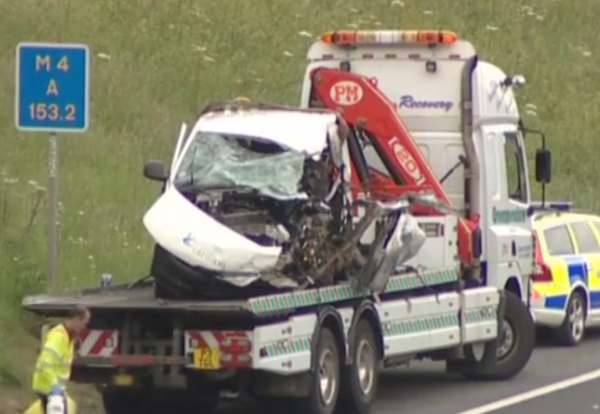alxndr
Established Member
- Joined
- 3 Apr 2015
- Messages
- 1,478
I think my "record" was a grand total of an hour over the course of three nights (excluding the days where we just got laughed at because it was never going to happen). Incredibly frustrating for both parties, and we felt awful for having to ring up again and again asking for the impossible. Doesn't do much to help working relations.As a signaller I’m totally with you, it’s extremely frustrating to keep having to knock you guys back mainly due to poor planning. Stupidly long sections blocked when you only need a fraction.
Part of the plans to improve things, along with the changes that @GuyGibsonVC has outlined includes improving the planning system to try to make things more feasible, which can only be a good thing. I don't know exactly what form it will take, but surely it's not beyond the wit of man to come up with something similar to a supermarket delivery booking system.
Our workstations are all axle counters, we use EPR as standard on all LBs which will not allow us to signal trains into your block so it’s to protect you guys - well okay it’s to prevent delays in hand back if you drop counters!
Coming from a location that didn’t mandate EPR to one that does really makes you think how risky the former was.
The push to full LB for work is obviously good for safety, but with increased workload on us something has to give we already have limits on how many we can manage.
I really do feel for you guys, we / I really do try and help where I can.
Although EPR is by far the most practical form of additional protection in terms of applying and removing, especially with short margins and limited resources, it doesn't remove the risk of there being a misunderstanding about the area that is being blocked. The other methods of additional protection require some collaboration between the person on the ground and the person in the box (admittedly less so with dets but at least the person on the ground has the reassurance of physically seeing it there). I wonder whether a hierarchy of additional protection should be considered. EPR can also pose some problems when it comes to needing signals cleared within line blockages. It's certainly a step in the right direction, but there are still some issues to iron out.


